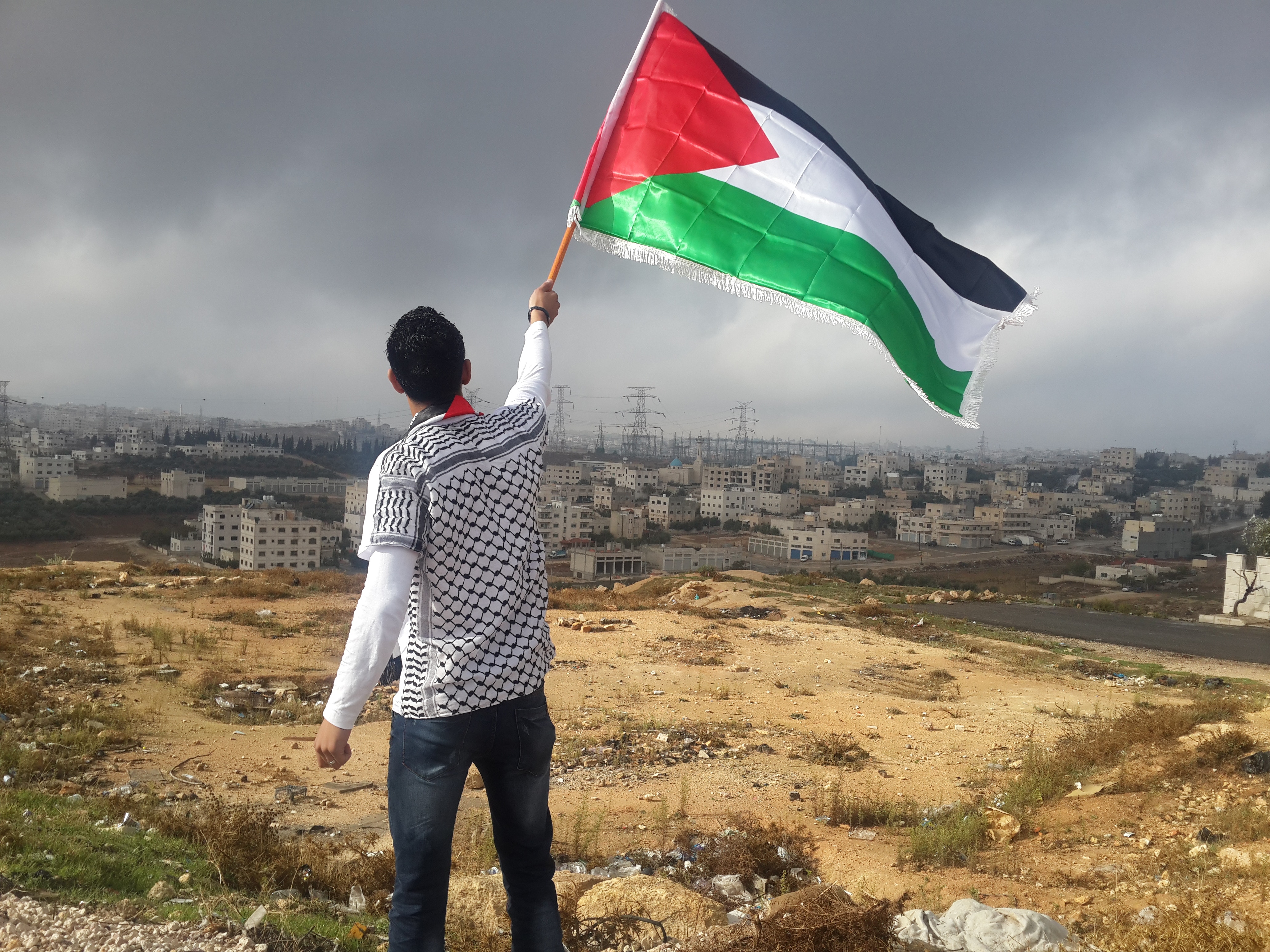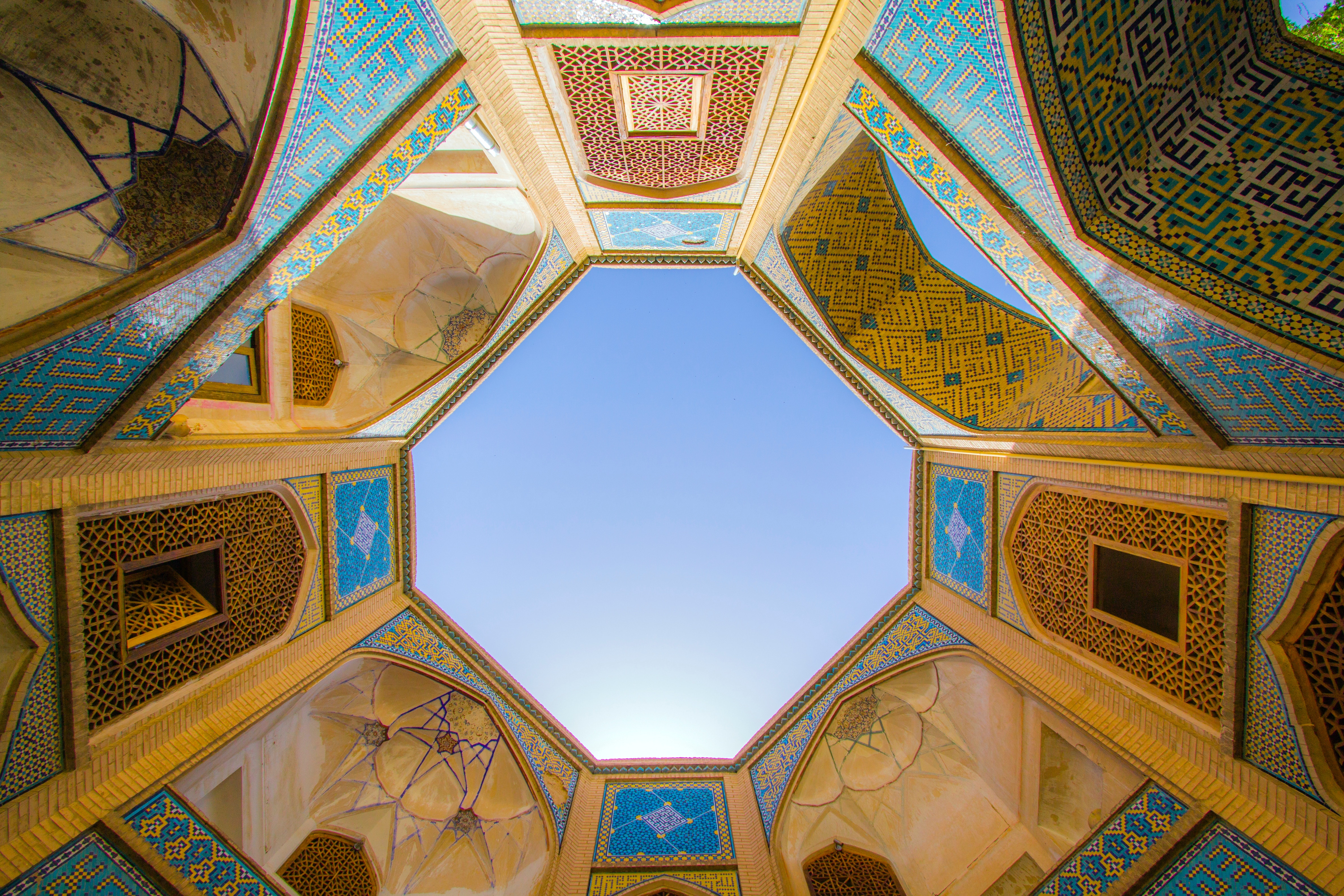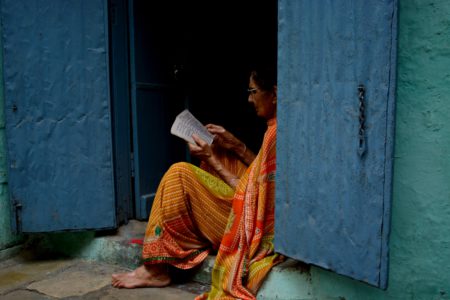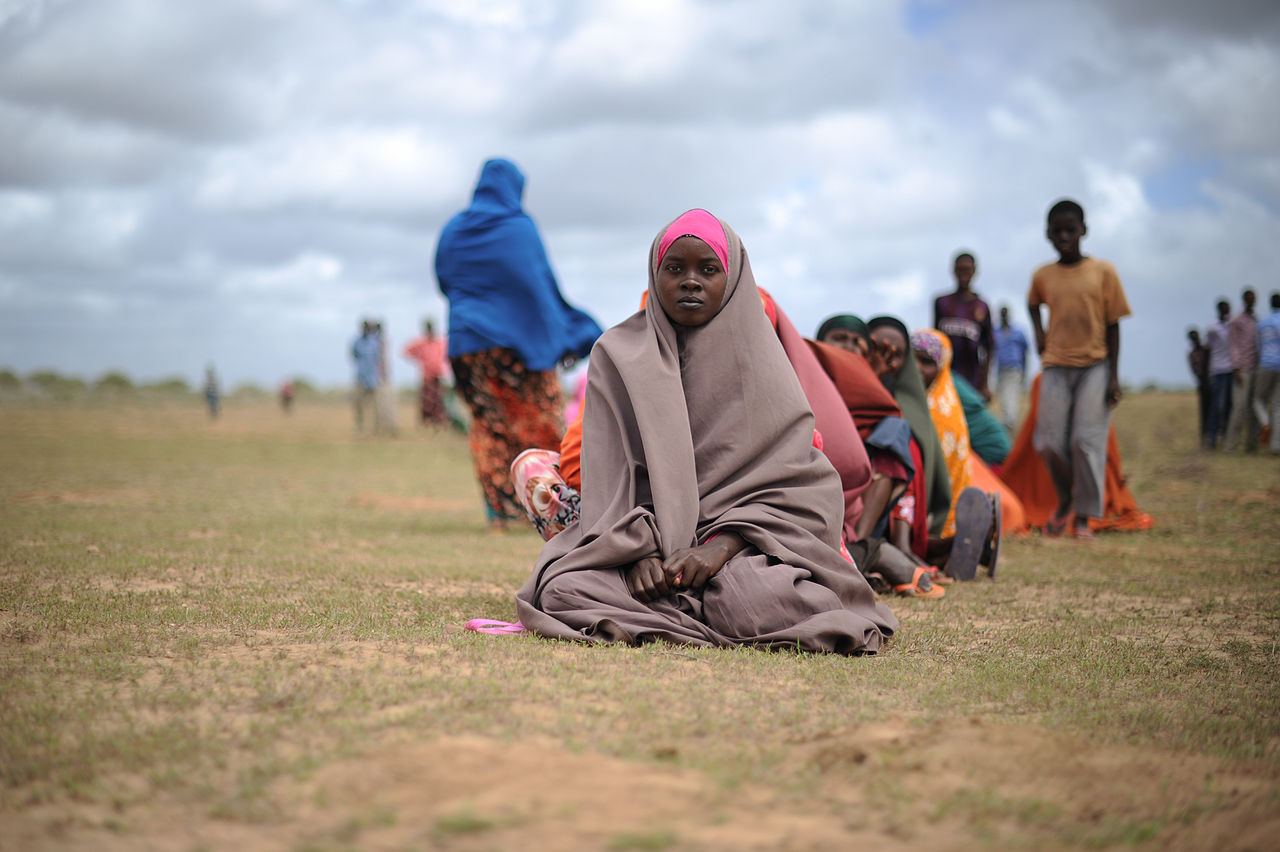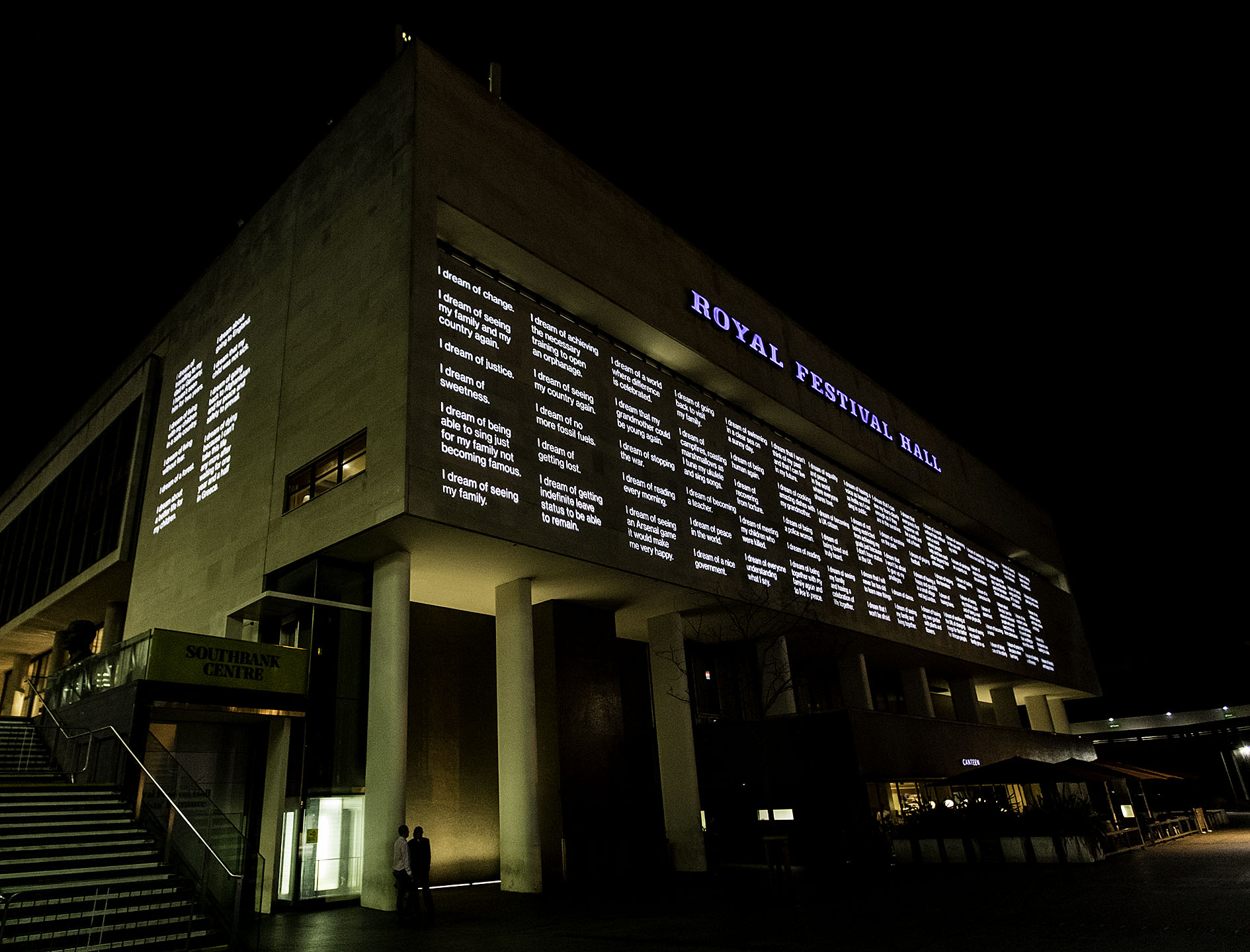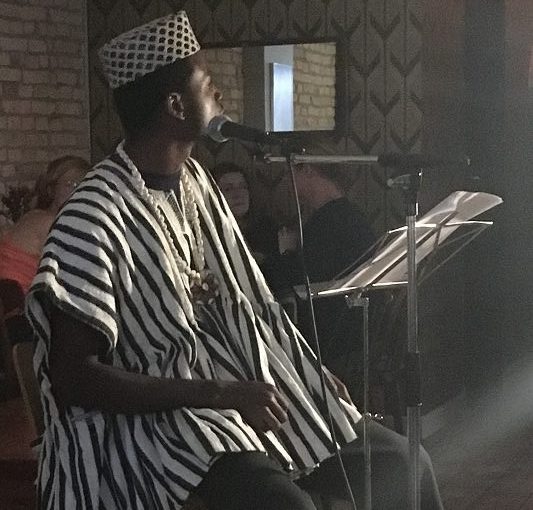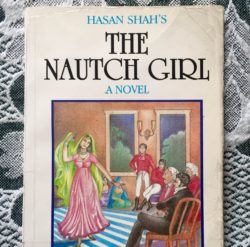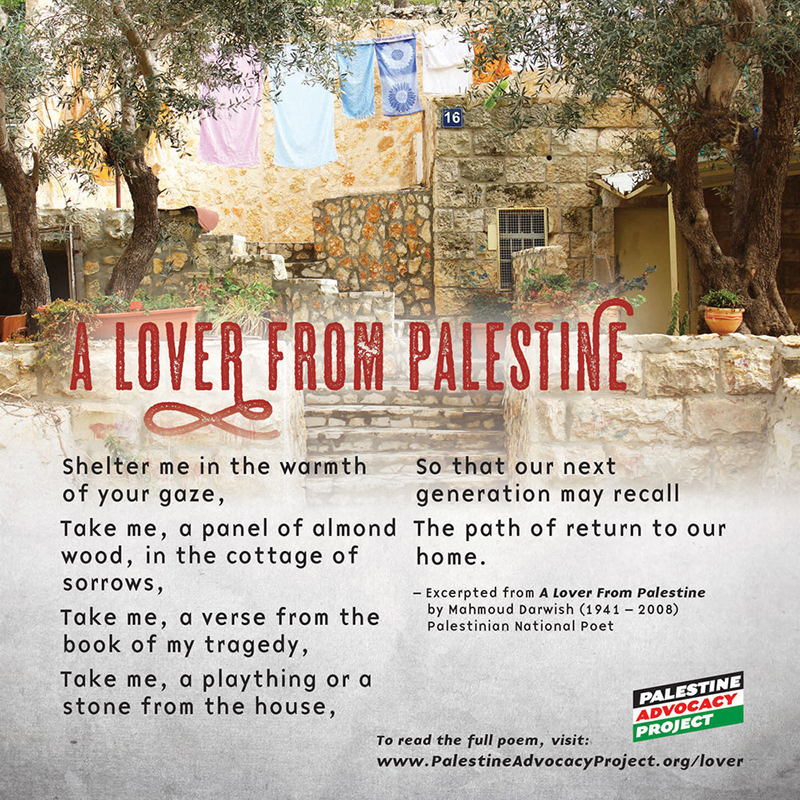In our discussions of poetry we try to focus on dynamic relationship between the oral and textual histories of poetry.
MULOSIGE Reading List: International Solidarity and World Literature
This reading list was contributed by Dr Anna Bernard and challenges the choice between nation and transnationalism that has often seemed central to theorizations of world literature, but which has tended to bypass internationalist networks of anti-colonial writers working within discrete national contexts.


